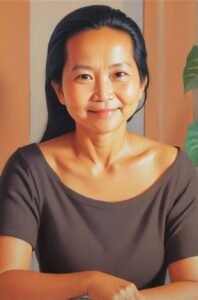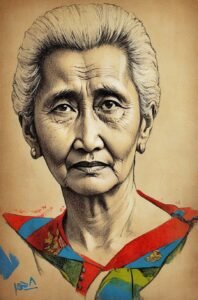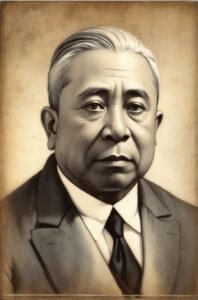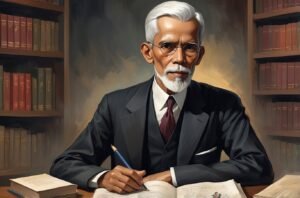Month: October 2015

Marina Dizon: The Katipunera and Spy
Marina Dizon stands as a remarkable figure in Philippine history, embodying the spirit of revolution and the fight for independence during the late 19th century. As a member of the Katipunan, a secret revolutionary society, and a skilled spy, Dizon played a crucial role in the Philippine Revolution against Spanish colonial rule. This blog post […]
Read More
Agueda Kahabagan: The “Generala” and Revolutionary Leader
Agueda Kahabagan, also known as “Henerala Agueda” or simply “Generala,” stands as a remarkable figure in Philippine history. As one of the few documented female military leaders during the Philippine Revolution against Spanish colonial rule and the subsequent Philippine-American War, Kahabagan’s story is a testament to the strength, courage, and resilience of Filipino women in […]
Read More
Isabelo de los Reyes: The Labor Leader and Founder of the Union Obrera Democratica
Isabelo de los Reyes, a prominent figure in Philippine history, left an indelible mark on the country’s labor movement and political landscape. Born on July 7, 1864, in Vigan, Ilocos Sur, de los Reyes was a multifaceted individual who wore many hats throughout his life – a journalist, folklorist, politician, and most notably, a labor […]
Read More
Trinidad Pardo de Tavera: The Scholar and Advocate of Filipino Culture
Trinidad Hermenegildo Pardo de Tavera y Gorricho was born on April 13, 1857, in Manila, Philippines, during the Spanish colonial period. He came from a prominent Filipino family with Spanish roots, which provided him with unique insights into both Filipino and Spanish cultures. Pardo de Tavera’s early education took place in Manila, where he demonstrated […]
Read More